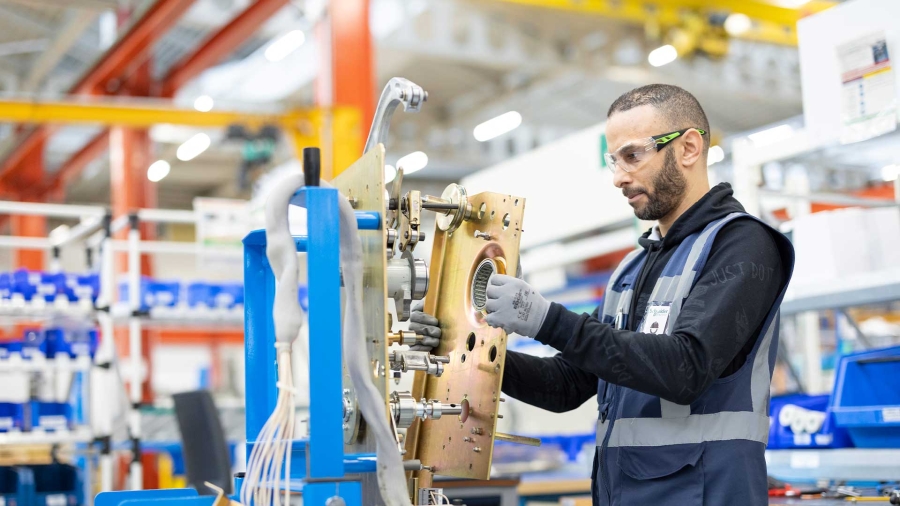Global mega-trends such as climate change, geopolitical shifts, and the continuous emergence of disruptive technologies, as well as the COVID-19 pandemic have made Environmental, Social and Governance (ESG) issues even more pressing for executives, boards, and policymakers.
Pioneering technologies and solutions in advanced manufacturing are opening up new opportunities across industries to measure and report accurate and consistent ESG metrics, while enabling both profitability and sustainability to co-exist.
In this blog, which first appeared on the World Economic Forum’s Agenda site on January 17, 2022, leaders that are part of the Forum’s Advanced Manufacturing Industry group were asked to share concrete actions and examples on how they are transforming operations and business models while supporting the transition towards stakeholder capitalism metrics.
Among the contributors was Barbara Frei, Executive Vice-President, Industrial Automation, Schneider Electric, who shared information on how manufacturers can use Industry 4.0 technologies that are available now to gain more insights into where energy is consumed (and wasted) in their plants, and shared an example of a Schneider Electric smart factory in the US which has leveraged IIoT connectivity with power meters and predictive analytics to optimize energy costs.
Read moreThis piece was first published on the World Economic Forum's Agenda blog on January 17, 2022














